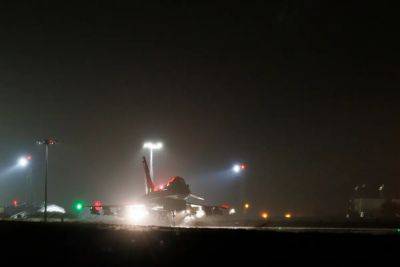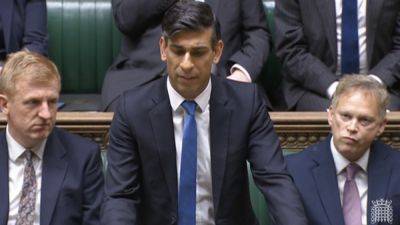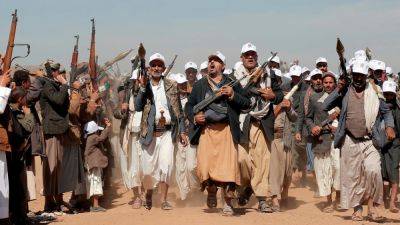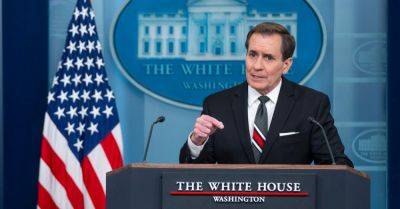From Lebanon to the Red Sea, a Broader Conflict With Iran Looms
President Biden and his top national security aides believed last summer that the chances of conflict with Iran and its proxies were well contained.
After secret talks, they had just concluded a deal that led to the release of five imprisoned Americans in return for $6 billion in frozen Iranian funds and some Iranian prisoners. The militants that Tehran finances and arms — Hamas in the Palestinian territories, Hezbollah in Lebanon and the Houthis in Yemen — seemed relatively quiet. Iran even slowed enrichment of uranium at its underground nuclear sites, delaying its progress toward a weapon.
Hamas’s Oct. 7 invasion of Israel and Israel’s tough response have changed all that. Now American and Israeli officials, and a dozen countries working in concert to keep commerce flowing in the Red Sea, are confronting a newly aggressive Iran. After launching scores of attacks, from Lebanon to the Red Sea to Iraq, the proxy groups have come into direct conflict with U.S. forces twice in the past week, and Washington is openly threatening airstrikes if the violence does not abate.
Meanwhile, though little discussed by the Biden administration, the Iranian nuclear program has suddenly been put on steroids. International inspectors announced in late December that Iran initiated a threefold increase in its enrichment of near-bomb-grade uranium. By most rough estimates, Iran now has the fuel for at least three atomic weapons — and American intelligence officials believe the additional enrichment needed to turn that fuel into bomb-grade material would take only a few weeks.
“We are back to square one,” Nicolas de Rivière, a top French diplomat deeply involved in negotiating the 2015 Iran nuclear deal, said last week.
Taken together, the dynamic







